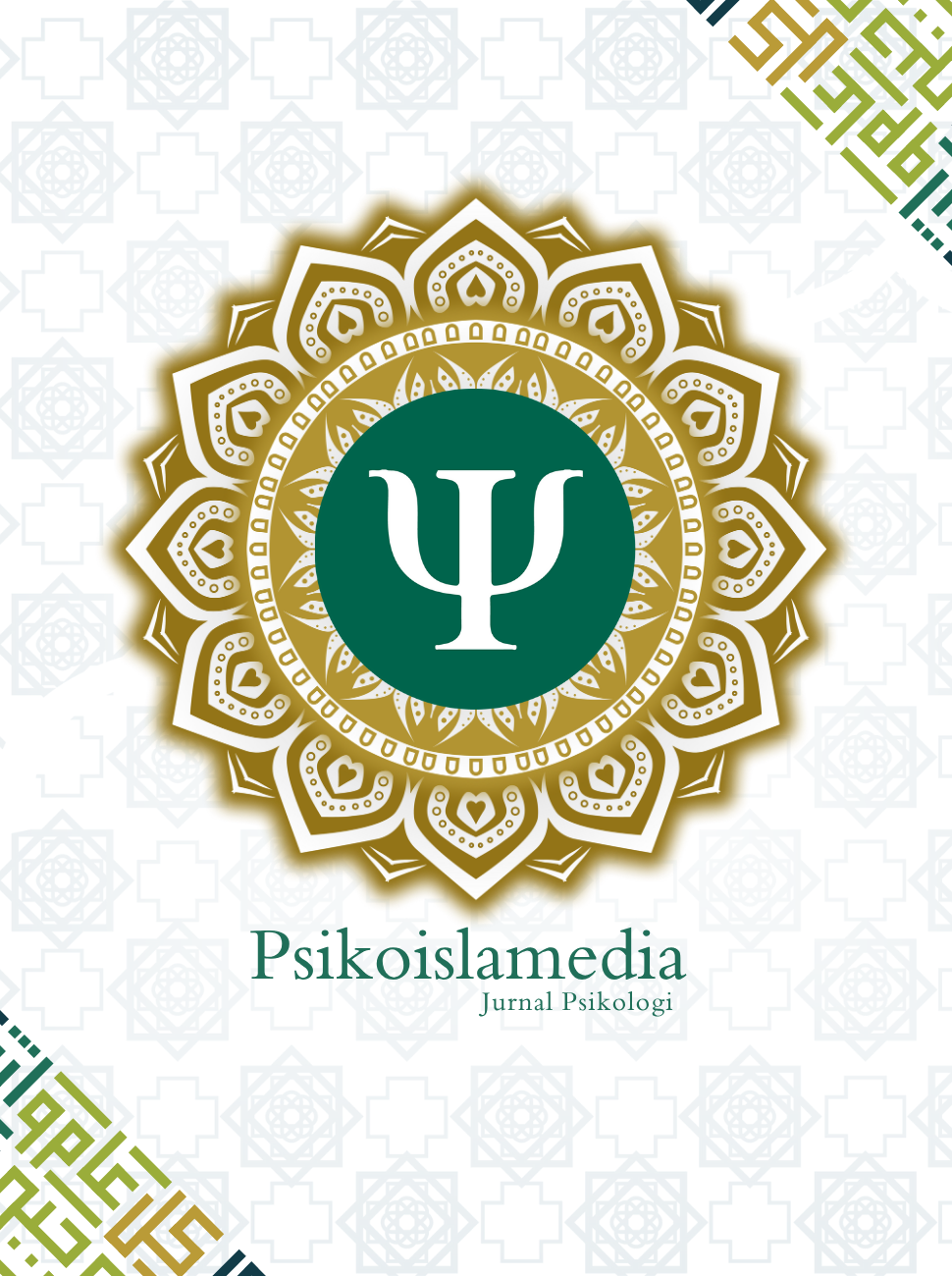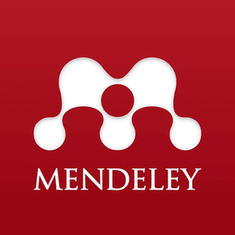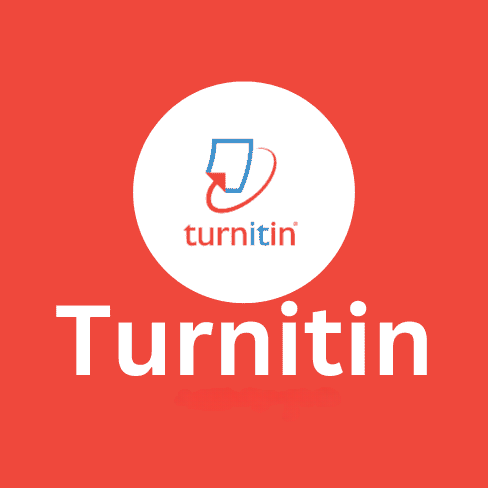AL-QUR'AN THERAPY LEARNING AND UNDERSTANDING THE TRACE OF PROPHETIC TEACHING THROUGH PROPHETIC LEADERSHIP LECTURES
DOI:
https://doi.org/10.22373/psikoislamedia.v8i2.19988Keywords:
Traces of Prophetic Teachings, Prophetic Leadership, Al-Qur'an TherapyAbstract
Al-Qur'an therapy is a therapy using verses in the Al-Qur'an as a source of inspiration and media to help overcome spiritual, mental, physical and social problems. This includes reading, memorizing, understanding, living, and finding the relationship between the meaning of verses in the Koran and everyday problems and experiences. The discovery of meaning and wisdom allows students to feel emotional balance and improve their well-being, as well as being a medium for learning and understanding the traces of prophetic teachings in everyday life. An understanding of the traces of prophetic teachings was studied in the Prophetic Leadership Lecture at the Professional Psychology Study Program at the Masters Level at the Islamic University of Indonesia. One of the methods in this course is self-reflection on the four dimensions of prophetic leadership: Sidiq, Amanah, Tabligh, Fathanah. Based on self-reflection, several themes were found, namely finding new drugs, being grateful, feeling calm, and practicing knowledge. These findings enable students to become better individuals, to understand themselves and others, to function their minds and hearts through appreciating the values found in the Al-Qur'an.
References
Abdullah, AH (2015). Monograph: Great leadership, a brilliant generation. Malaysia: Malaysia Rasuah Prevention Academy.
Agustini, M., & Pramono, YS (2020). The Effect of Al-Qur'an Surah Ar Rahman Therapy on Clients at Risk for Violence. Journal of Nursing Invention , 34-40.
Epriyeni, A., & Patricia, H. (2021). Murottal Al Qur'an Therapy Affects Nurse Stress During a Pandemic. Journal of Mental Nursing (JKJ) , 523-528.
Hermawati, H., Christia, CP, & Hidayat, D. (2021). Self-reflection analysis on Yura Yunita's song. Research gates , 1-6.
Himam, F., & Budiharto, S. (2015). Theoretical Constructs and Prophetic Leadership. Journal of Psychology , 133-146.
Mas'udi, & Istiqamah . (2017). Qur'an Therapy for the Treatment of Mental Disorders. Journal of Counseling and Islamic Guidance , 133-150.
Munir, NW, Najinah, & Lutia, T. (2021). The Effect of Al Qur'an Y Therapy on Decreasing Stress Levels of Nursing Students at PSIK UMI Makassar. Health Information Research Journal , 1-6.
Noor, WK, & Qomariyah, U. (2019). Hierarchy of Needs as a Basis for Self-Reflection of Figures in the Dream Islamic Boarding School Novel. Journal of Indonesian Literature , 103-110.
Nurdin. (2019). Implementation of Educational Aspects in the Qur'an surah Al Ahzab 21 for Millennial Era Educators. Journal of ar raniry , 41-58.
Rosyanti, L., Hadju, V., Indriono, H., & Sahrianti. (2018). Qur'anic Spiritual Therapy Approach in Schizophrenic Patients Systematic Review. Health Information: Journal of Research , 39-52.
Zaini, A. (2016). Follow the work ethic of Rasulullah SAW. Journal of Islamic Business and Management , 116-134.
Downloads
Published
Issue
Section
License
Authors who publish in this Journal agree to the following terms:
- Authors retain copyright and grant the journal right of first publication with the work simultaneously licensed under Attribution-ShareAlike 4.0 International (CC BY-SA 4.0) allows others to share the work with an acknowledgment of the work's authorship and initial publication in this journal.
- Authors are able to enter into separate, additional contractual arrangements for the non-exclusive distribution of the journal's published version of the work (e.g., post it to an institutional repository or publish it in a book), with an acknowledgment of its initial publication in this journal.
- Authors are permitted and encouraged to post their work online (e.g., in institutional repositories or on their website) prior to and during the submission process, as it can lead to productive exchanges, as well as earlier and greater citation of published work. (See The Effect of Open Acces)














